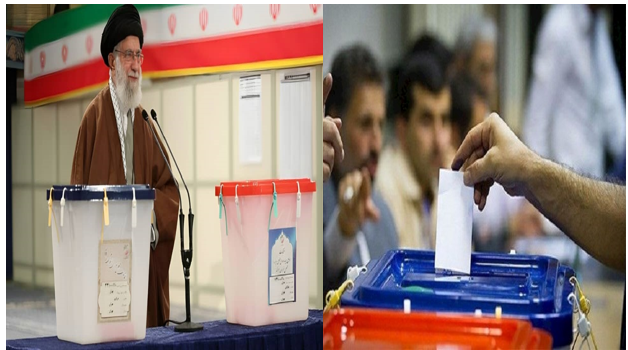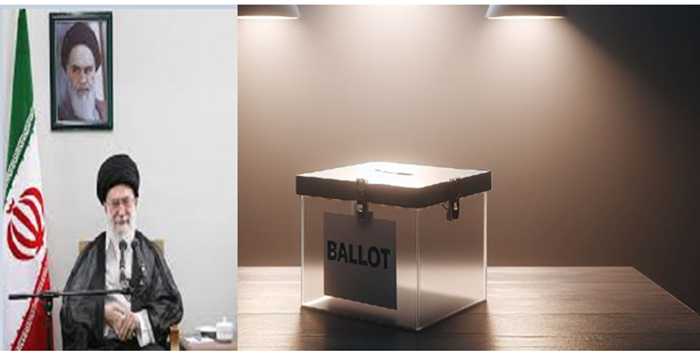

Calling the elections a “miracle” and essential for solving national issues, Khamenei’s efforts seem to stem from a deep concern about dwindling support and increasing public disillusionment with the regime.
Khamenei, in one of his speeches, emphasized the importance of participation, stating, “If there is enthusiastic participation of the people in the elections… science… progress, the economy… flourishes, various cultural, economic, and political problems in the country can be solved; such a miracle requires participation.” This statement underscores his belief in the elections as a panacea for Iran’s myriad challenges.
Further intensifying his campaign, Khamenei implored a group of women loyal to the regime to encourage their families to vote, highlighting the regime’s reliance on its shrinking base. He has also instructed his supporters to prioritize elections and organize propaganda around it. The entire state media apparatus, including radio and television, has been mobilized to persuade people to participate.
#Khamenei Set to Suffer Significant Defeat in Upcoming Sham Elections in #Iranhttps://t.co/ejEJqcSqcW
— NCRI-FAC (@iran_policy) January 11, 2024
Khamenei’s strategy includes mobilizing agents for election promotion, instructing Friday prayer leaders to issue fatwas declaring voting a religious duty akin to morning prayers. This religious framing is a clear attempt to leverage faith for political gain.
The urgency in Khamenei’s actions became apparent when his website announced a roadmap for the March elections on April 4, 2023. Post the 2022 uprising, Khamenei had emphasized the criticality of the elections, linking their success to national strength and resilience against external pressures.
However, public sentiment tells a different story. Analysts and journalists within Iran have noted a significant loss of faith in the regime and its electoral process. Abbas Abdi, a journalist, pointed out that only 7% of the populace supports the current situation. This sentiment was echoed by other analysts and media outlets, noting the superficial and ineffective nature of the elections.

The previous election in Alborz Province, where voter turnout was a dismal 2% to 3%, sets a bleak precedent for the upcoming elections. Khamenei’s dream of widespread participation seems increasingly unattainable.
As the elections draw near, Khamenei’s focus remains on navigating the societal crises and avoiding uprisings with minimal cost. He is also cautiously managing the complex issue of succession, referred to as the “most important decision of the past 40 years,” to prevent it from sparking unrest. With the elections looming, the disconnect between the regime’s aspirations and the public’s disillusionment is more evident than ever, casting a shadow over the future of Iran’s political landscape.

MEK Iran (follow us on Twitter and Facebook), Maryam Rajavi’s on her site, Twitter & Facebook, NCRI (Twitter & Facebook), and People’s Mojahedin Organization of Iran – MEK IRAN – YouTu







